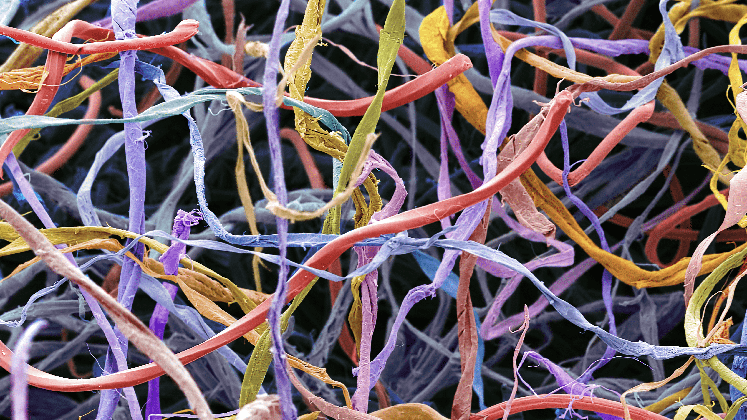Xeros Technology has partnered with the University of Surrey (UK) to jointly fund pioneering research to upcycle microfibers captured from laundering clothes into a useful, and valuable carbon material.
Microfibers are defined as tiny “threads,” defined as smaller than 5mm, that break off from garments through the everyday acts of cleaning and wearing our clothes. Every year more than half a million tons of microfibers are released into the world’s oceans simply from washing our clothes. Research shows that microfibers from synthetic textiles (known as microplastics) are the biggest source of microplastic pollution in our oceans.
In order to address this significant environmental problem, Xeros Technology developed a washing machine filtration device, XFilter, which captures the microfibers and prevents them from being released into our oceans.
XFilter lasts the lifetime of a washing machine and allows users to place the captured microfibers directly into their bin to be disposed of with other household waste. Microfiber waste from filtration is a complex material to recycle within existing recycling infrastructure: not only are the microfibers often mixed materials, but they also contain captured dirt and soil. This is why Xeros have teamed up the University of Surrey – to accelerative research into improved methods to permanently reduce this continued pollution build-up in the future.
Led by Dr. Duyar, the team from the University of Surrey and North Carolina State University have developed a new method specifically designed to upcycle textile micro/nano fibers shed during the washing and drying of clothes. The method produces clean hydrogen and solid carbon nanomaterials as a by-product.


